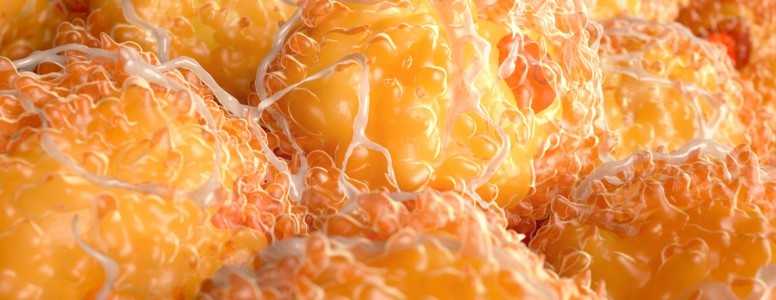Researchers at the University of Gothenburg and the Institute of Biomedical Investigation of Girona have found that gut microbial shifts under metformin treatment contribute to improved blood sugar control.
They believe that the drug effects on blood glucose may result from normalising the dysbiosis or imbalance of the gut flora that has been previously linked with type 2 diabetes.
Earlier research has found that metformin is distinctly different from other types of diabetes medication in that it caused profound changes in the gut microbiome of users.
In the new findings, published in the journal Nature Medicine, the authors suggest that these differences may influence both metformin’s efficacy and side effects.
Although there was a lag or delay of about two months in how long it took for communities of gut microbes to normalise, the paper showed that the microbiome of participants evidently adapted to the treatment.
Specifically, there appears to be common metformin treatment signatures in the gut microbiomen, with an increase in abundance of beneficial gut microbe species and a decrease in less favourable ones.
Metformin acts like a growth factor for raising the bacteria count of species that have been shown to lower blood sugar levels, decrease visceral and total body fat, dampen inflammation and gut permeability as well as improve insulin resistance.
Furthermore, when researchers transplanted (through fecal transfers) the gut microbes of metformin-treated participants to germ-free mice, the animals’s glucose tolerance readily improved.
One proposed mechanism for the effects has to do with the way the newly formed communities of microbes process certain nutrients, like flavonoids. These compounds have been associated with a reduced risk of type 2 diabetes.
Overall, the results suggest that metformin response is intrinsically linked with the gut, but there are many more questions that remain about the nature of this relationship and the correct way to look at it.
For example, researchers are also considering the possibility that these effects may be mediated through changes in functions of genes in the gut microbiomen, which constitute our second genome.
What's new on the forum? ⭐️
Get our free newsletters
Stay up to date with the latest news, research and breakthroughs.





